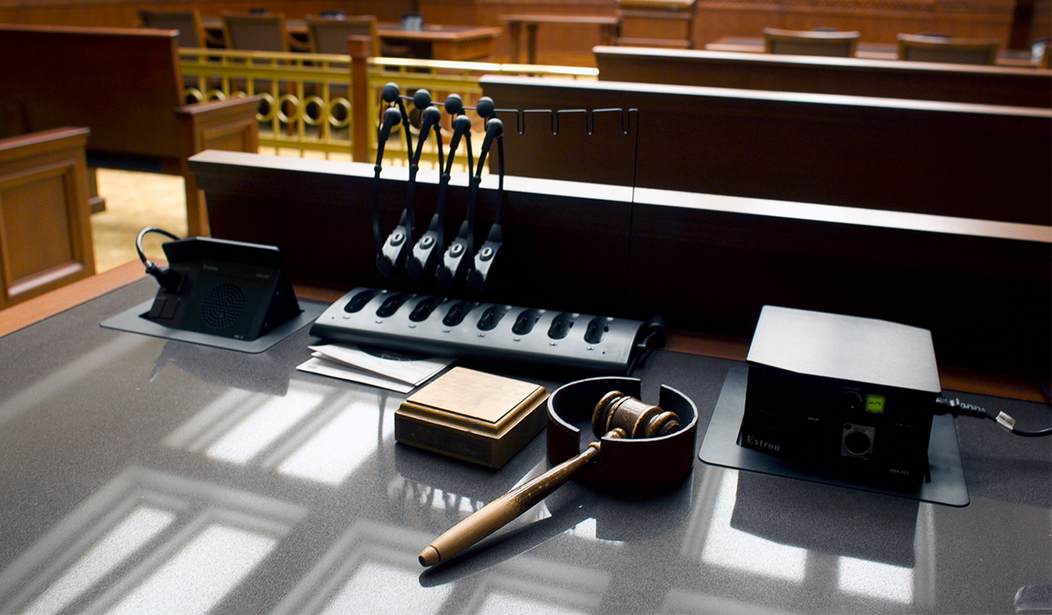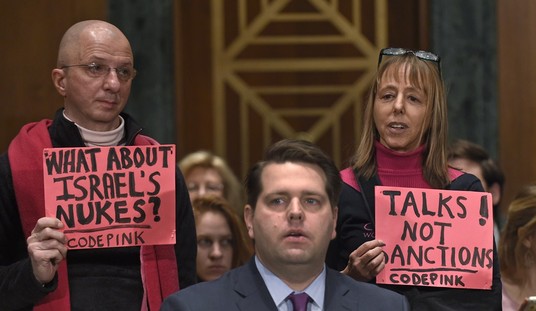The U.S. Fifth Circuit Court of Appeals issued a critical ruling for advocates of free speech and civil liberties in the United States. The case centered on Waylon Bailey, a Louisiana resident who was arrested for making a joke about COVID-19 during the early days of the pandemic.
In a post on Facebook, Bailey jokingly referenced a 2013 zombie movie named “World War Z.” “RAPIDES PARISH SHERIFFS OFFICE HAVE ISSUED THE ORDER,” he wrote. He continued, saying that “IF DEPUTIES COME INTO CONTACT WITH ‘THE INFECTED,’” they should “SHOOT ON SIGHT.”
He used the hashtags #Covid9teen and #weneedyoubradpitt, referencing the star of the movie.
Apparently, the Rapides Parish Sheriff’s Office (RPSO) didn’t get much of a laugh out of the joke. A detective was assigned to investigate Bailey’s post. Officers stormed the resident’s home with their guns drawn, handcuffed him, and arrested him for supposedly violating the state’s law against “terrorizing.” The charge carries a sentence of up to 15 years behind bars. One of the officers advised Bailey that his next post “should be not to f*ck with the police.”
The prosecutor decided not to prosecute the resident, who later sued the officers involved for violating his constitutional rights. U.S. District Judge David C. Joseph originally dismissed his case with prejudice, ruling that the First Amendment did not protect Bailey’s joke and that the officer was shielded by qualified immunity.
Bailey later partnered with the Institute for Justice (IJ) to appeal the decision:
During the COVID-19 pandemic Waylon Bailey made a joke about the virus, zombies, and his local sheriff’s department on Facebook. Today, the 5th U.S. Circuit Court of Appeals agreed that Waylon’s joke was protected by the First Amendment and that deputies violated his free-speech rights and his Fourth Amendment rights when they arrested him. Waylon teamed up with the Institute for Justice (IJ) to appeal a lower court decision that granted qualified immunity to the detective and sheriff responsible for his arrest.
“I’m relieved that the court recognized that the deputies were wrong to arrest me for making a joke on Facebook,” said Waylon. “I’m glad that I will be able to hold the detective and sheriff accountable, and hopefully my case will stand as a strong statement to officers about what the First Amendment protects.”
Judge Dana M. Douglas, writing for the unanimous panel, said that: “The First Amendment’s protections apply to jokes, parodies, satire, and the like, whether clever or in poor taste.”
At the core of Bailey’s case is the concept of free speech. Douglas’ ruling acknowledges that the government has no business punishing people for speech, even if it could be construed as offensive. It also sends a message to law enforcement officials who abuse their authority to target citizens for making comments they don’t like.
This case is also significant from a qualified immunity perspective. The legal doctrine tends to shield members of law enforcement from civil liability even when they use their positions to violate people’s rights. The lower court upheld qualified immunity in the case of these officers, which should cause any liberty-minded person to question whether this legal protection has been unduly expanded to protect officers engaging in misconduct.
The Fifth Circuit Court’s ruling affirms that qualified immunity should not protect officers from accountability when they overstep their boundaries. "Any reasonable officer would have known that Waylon’s zombie joke was clearly protected by the First Amendment, and certainly wasn’t ‘terrorizing,'" said IJ Attorney Caroline Grace Brothers.
When police officers can show up at your home, point guns at you, then forcibly remove you and place you in a cage for speech, we know that too many government agencies have lurched closer to authoritarianism instead of working to protect our rights. This ruling shows that there are still some in government who understand the importance of checking those in power. It is certainly a welcome sign given the times in which we are living.













